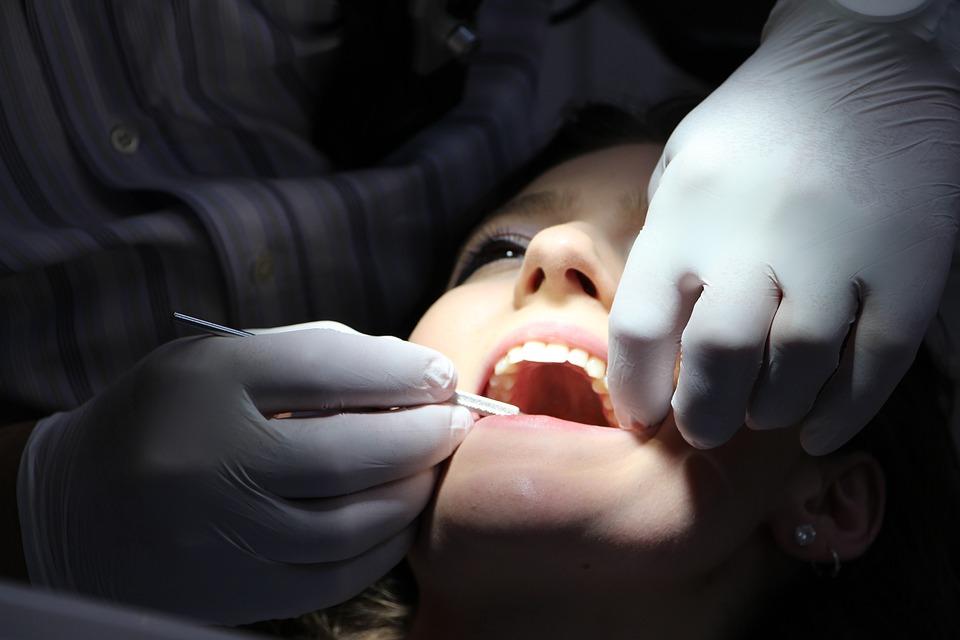TMJ, also known as the temporomandibular joint, is the area where the lower jaw connects to the temple, right in front of one’s ear. There are many disorders and dysfunctions related to this joint that can cause disruption in one’s sleep, severe pain, and chronic headaches.
TMJ can develop from muscle tension in the head and neck, as well as from overuse. Because of the specific nature of TMJ, it is always a good idea to discuss it with your dentist to determine the underlying causes and possibility of other potential medical reasons for your pain.
1. Symptoms and Causes
Many symptoms of TMJ dysfunctions are relatively benign and typical enough that many people may not realise they have something wrong with their jaw. Symptoms of TMJ dysfunctions can include pain while chewing, neck and/or back pain, frequent clicking in the jaw, chronic headaches, and limited movement with the jaw or mouth.
TMJ dysfunction ranges on a case to case basis, developing from different causes and producing a variety of symptoms. Teeth grinding and arthritis are underlying causes that can increase the symptoms or magnitude of a TMJ dysfunction. Stress and nervous habits such as chewing on fingers or writing utensils can also increase the pain of TMD.
2. Relation to Sleep Apnoea
Oftentimes accompanied by snoring, sleep apnoea is a fairly common sleeping disorder where your airways can become blocked during sleep. Despite its prevalence, sleep apnoea can become a serious condition, especially in older people. Because this condition prevents oxygen from reaching vital organs, people with sleep apnoea are that much more susceptible to health concerns such as heart attacks.
If you find you exhibit a fair amount of clicking, locking, or difficulty in moving your jaw accompanied by frequently waking throughout the night, you may have TMD related sleep apnoea. Sleep apnoea has many other related causes such as those who develop severe underbites or are clinically overweight.
If you have TMD, you do not necessarily have sleep apnoea. However, if you find you suffer from sleep apnoea, there is a high possibility you additionally have TMD.
3. Prevention and Treatment
Prevention for TMJ dysfunction comes with awareness. Eating a diet of softer food is best, but you can also chew off smaller bites to relieve the stress on your jaw, especially when eating tougher or chewier foods. If possible, try to avoid all foods that are sticky or difficult to manage.
You can also talk to your doctor about stress management including meditation and yoga, if you find you clench or grind your teeth. Mindfulness techniques can sometimes alleviate the physical toll anxiety may take on your body.
In most cases, TMJ dysfunction clears up on its own without any medical treatment. However, if you find that you have persistent or unmanageable symptoms, it is a good idea to talk with your dentist about a routine examination of the troubled area.
As every case of TMD is different, your dentist will talk with you about the best approach for your specific case. You may need to find a psychotherapist for your stress, a chiropractor if your TMD is related to your neck and back, or opt for a night guard to keep your jaw in position while you are sleeping or relaxed.
Surgery is only viable as a last resort, and only then for the most severe of cases. Because of the expense and invasive nature of the procedure, surgery will not be the first recommendation from your dentist. However, if it becomes apparent that surgery is necessary, you will be referred to an oral and maxillofacial surgeon who specialises in the mouth, face, and jaw region.
If you have more questions or concerns regarding TMJ treatment in NW Calgary, you are welcome to consult with one of our dentists here at Dentrix Dental Care. We can speak with you about treatments, side effects, symptoms, and more.

